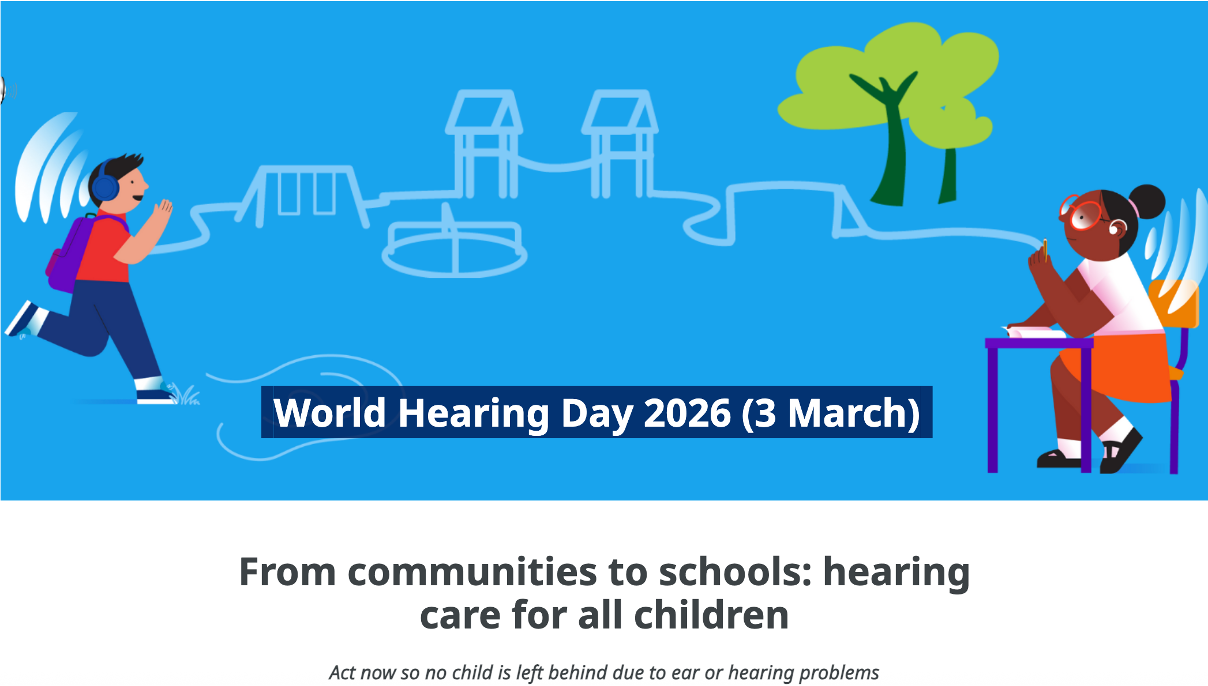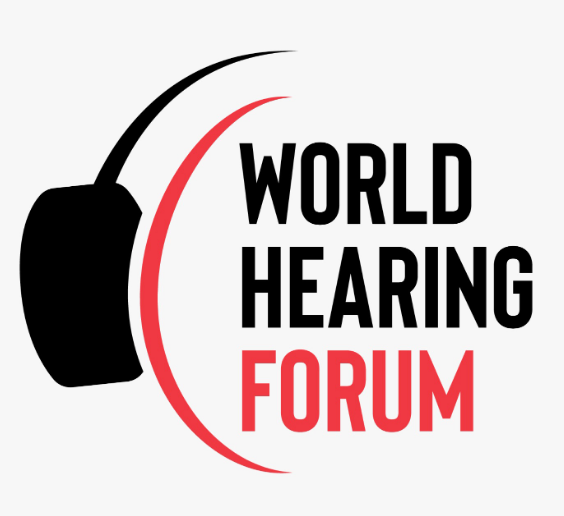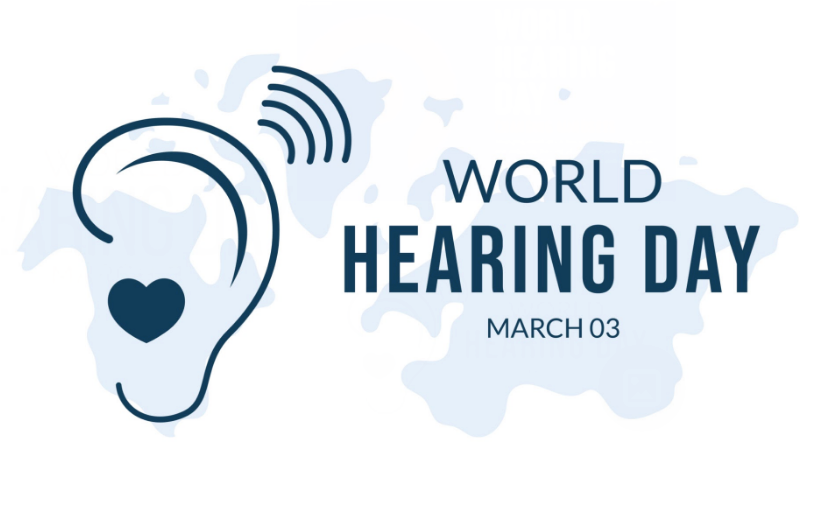Welcome to the
Coalition for Global Hearing Health
Making Hearing Health a Global Priority.
Who are we?
The Coalition for Global Hearing Health (CGHH) was established in 2010 to improve ear and hearing health and the lives of people who are deaf or hard of hearing, especially those in low- and middle- income communities.

World Hearing Day
World Hearing Day is a campaign held each year by the Office of Prevention of Blindness and Deafness of the World Health Organization. Activities take place across the globe and an event is hosted at the World Health Organization in Geneva annually on March 3.
Click here to visit the WHO website.
Annual Conferences
2026
The 2026 CGHH annual conference takes place at the Sri Ramachandra Institute of Higher Education and Research in Chennai India from Friday 9 October (pre-conference workshops) to Sunday 11 October 2026.
Chennai, the capital of Tamil Nadu, is a vibrant coastal city where tradition and innovation meet. Known as the cultural heart of South India, Chennai is celebrated for its classical music and dance, historic temples, and rich literary heritage. At the same time, it is a major hub for technology, healthcare, and manufacturing, earning its reputation as one of India’s fastest-growing metropolitan cities.
Set along the Bay of Bengal, Chennai offers a unique blend of heritage architecture, modern infrastructure, and warm hospitality—making it an ideal destination for global conferences and meaningful professional exchange.
Sri Ramachandra Institute of Higher Education and Research (SRIHER), formerly Sri Ramachandra Medical College and Research Institute, is a reputed private, nonprofit Deemed University, in Chennai, India. Its academic excellence and integrated infrastructure are the foundation of its long standing legacy. Established in 1985, SRIHER was conferred the status of Deemed University in September 1994 by the Government of India. In August 2018, the university was officially renamed, and recognized by the Ministry of Human Resource Development as Sri Ramachandra Institute of Higher Education and Research.
2025
The 15th Coalition for Global Hearing Health Conference took place on October 24 & 25, 2025 at the MGH Institute of Health Professions in Charlestown/Boston, Massachusetts, USA under the theme – ADVANCING HEARING HEALTH IN LOW RESOURCED COUNTRIES. A number of pre-conference workshops were held on the 23rd October. More than 150 attendees joined us from 28 countries.




